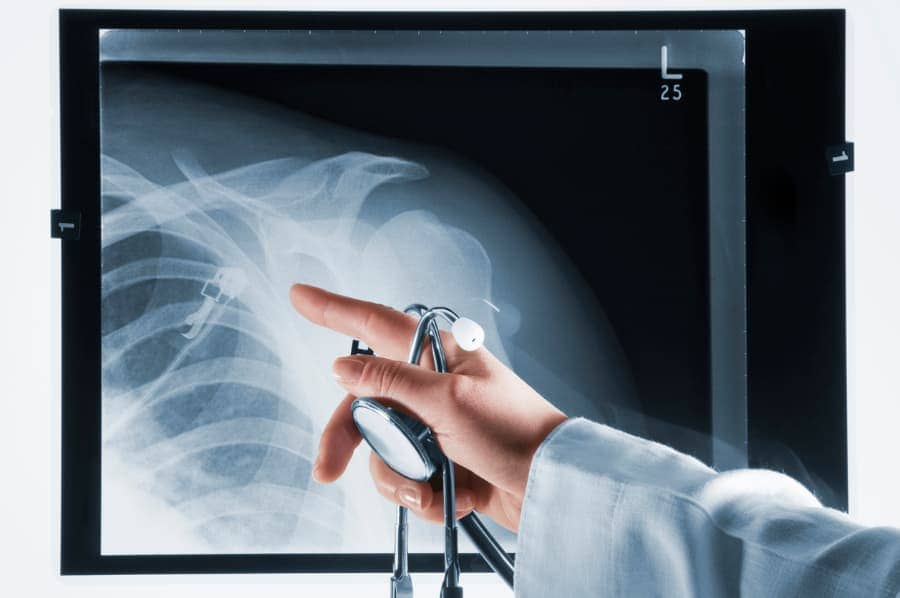Shoulder Instability Treatment
Many shoulder instability conditions can be treated through conservative methods, but some may require surgery to effectively relieve pain and restore function to the joint. Your doctor will decide which type of treatment is best for you after a thorough evaluation of your condition. Contact Us TodayShoulder Instability Treatment in Wayne, NJ
Your shoulder is responsible for a wide variety of movements. From brushing your hair in the morning to playing basketball, an injury could hinder everyday activities. If you’ve experienced recurring shoulder dislocations, chronic shoulder instability could be the cause. Serving the Wayne, NJ area, the medical team at High Mountain Orthopedics offers diagnosis and treatment options for patients experiencing shoulder instability and other conditions.
What is Shoulder Instability?
Instability in the shoulder could be characterized as a dislocation or subluxation. This occurs when the head of the humerus (the ball) comes out of the glenoid (the socket). Dislocation is when the shoulder is completely separated from the joint, while subluxation occurs when it’s only partially separated. There are two directions in which a dislocation can occur:
- Anterior dislocation: This dislocation is the most common kind and is referred to as a forward or downward dislocation.
- Posterior dislocation: Less common, this dislocation occurs when the shoulder is forced backward rather than forward.
Chronic shoulder instability is a diagnosable condition. It’s often characterized as a tendency for recurrence and can lead to pain, discomfort, and physical challenges.
Causes and Symptoms of Shoulder Instability
At High Mountain Orthopedics, our board-certified medical professionals can diagnose and treat your condition. Seek medical care if you’re experiencing one or more of the following symptoms:
- Numbness, tingling, and weakness in the shoulder
- Muscle spasms that increase pain intensity
- Pain in your upper arm and shoulder that worsen during movement
- Swelling and/or bruising
- Shoulder deformity
Oftentimes, instability occurs when you’ve experienced a sudden traumatic impact to the shoulder. This could be a fall with an outstretched arm or a collision directly to the joint. Other events may include a sharp twisting of the upper arm or a blow to the shoulder during athletic activities. Discussing your injury with our medical professionals can help us achieve the best course of action for you.
Diagnosis and Surgical Options
An examination is among the first tests conducted as a dislocated shoulder often presents with a physical deformity on the affected shoulder. You may be asked to test your range of motion and rate the pain you’re experiencing on a scale for your doctor, so we can determine the severity of the injury. Afterward, an X-ray, CT scan, or MRI may be performed for a more in-depth view of the joint.
Because the level of shoulder instability varies from person to person, there are a few different options when it comes to surgical treatments. If you have small tears to the ligaments and the joint requires a minor adjustment, you may be offered arthroscopic shoulder surgery, which involves a few small incisions that allow the surgeon to make minor repairs. If you’re experiencing persistent dislocations that have not been alleviated by non-surgical options a full shoulder reconstruction surgery. Our team will discuss all available options with you and develop a personalized treatment plan.
Schedule an Appointment Today
If you’re experiencing consistent, chronic shoulder instability, the team at High Mountain Orthopedics can help. We’re proud to serve patients across Wayne, NJ with shoulder instability and other ailments. Get started by contacting us for an appointment today.
Schedule An Appointment Today!
If you or someone you know is in pain, we can help. Take the first step and schedule an appointment.

